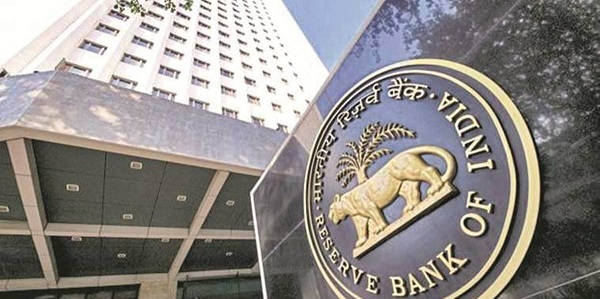Big Business’ Entry into Banking

This topic of “Big Business’ Entry into Banking” is important from the perspective of the UPSC IAS Examination, which falls under General Studies Portion.
Are industrial groups allowed to hold bank stakes?
- The RBI treats a group as a large industrial house, when:
- has assets of 5,000 crore INR or more
- non-financial business accounts for 40% or more in terms of total assets/ gross income.
- The RBI allows individuals and companies, connected with large corporate houses (either directly or indirectly), to hold equity of up to 10% in a private sector bank.
- However, the individual/ company shouldn’t have
- A controlling interest in the bank.
- Any director on the bank’s board (eg: on account of shareholder agreement).
- This is according to the RBI Guidelines for ‘on tap’ Licensing of Universal Banks in the Private Sector, issued in 2016.
What are the pros?
Allowing corporate houses to participate in the banking sector has several advantages:
- Corporate houses can bring in capital.
- They will also infuse the sector with business experience.
- The banks’ managerial competence will improve.
What is the background?
- The corporates participated in the banking sector in earlier times. This changed when the banks were nationalized in the 1960s.
- The nationalization was carried out amid allegations of depositors’ money being misused and of connected lending.
- Post-liberalization, banking was opened up in several rounds:
- The first round saw the licensing of private banks in 1993.
- The next round came in 2003-04.
- 2013-14 also saw some opening up and this culminated with on-tap licensing regime of universal banks (2016).
- However, business houses remained out of the loop even though prominent groups showed interest in 2013-14.
- The Internal Working Group of the RBI recommended that large corporate houses be allowed to function as promoters of banks. But this is to be allowed after necessary amendments to the Banking Regulations Act, 1949.
- In total, the IWG gave 33 recommendations of which the RBI accepted 21 recently. However, the central bank has remained silent on the issue of corporate entry into the banking sector.
What are the challenges?
- There are fears of self-dealing i.e. banks with corporates involved in them could act in their own best interest rather than that of the client. It is difficult for supervisors to detect or prevent this.
- Connected lending is a practice of the bank’s controlling owner lending loans, at favourable terms and conditions, to his/ her related parties. With corporates, this is a significant worry as such big businesses require financing and they can easily source this from an in-house bank and have no questions asked.
- This means that corporates can simply use these banks as “private pool of readily available funds”, at the cost of depositors’ money.
- This is especially concerning as big businesses already account for a major portion of the NPAs plaguing the banking system. This condition could be worsened if they become the banks’ promoters.
What is the way ahead?
- Former RBI Governors, Raghuram Rajan and Deputy Governor Viral Acharya asked, “How can the bank make good loans when it is owned by the borrower?” In 2011, RBI Governor D. Subbarao highlighted the apprehensions about self-lending.
- The IWG called for strengthening of the mechanism to supervise large conglomerates before allowing corporate entry into banking.
- The group, in its report ‘Ownership Guidelines and Corporate Structure for Indian Private Sector Banks’, suggested that RBI examine the legal provisions for addressing the concerns with regards to licensing of big corporate houses.
- The ball is in RBI’s court with regards to the corporate entry into banking sector. The move has its benefits, which could be best realized when implemented with regulatory acumen. However, timing is a key deciding factor too.
Conclusion:
In present time, corporate entry into banking i.e. bringing together finance and industry could be a dangerous mixture. However, the idea has potential benefits that could be best harvested with the right level of regulatory oversight at the right time.

